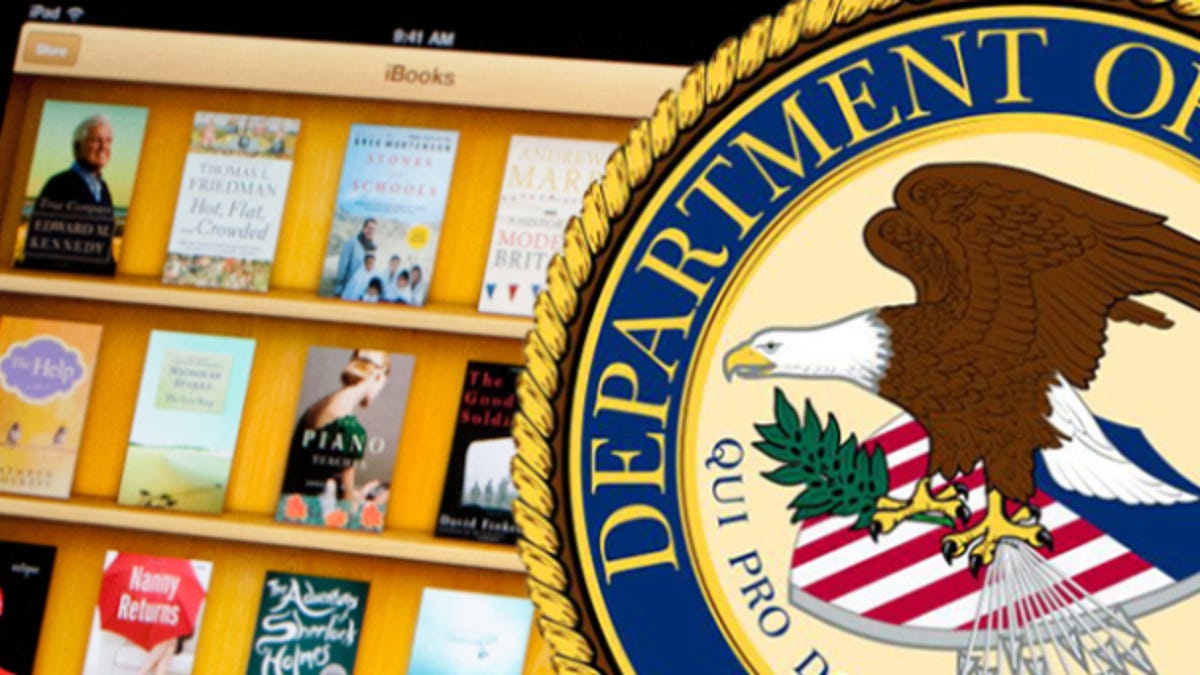Apple appeals e-books conspiracy ruling
Apple's attorney files a notice of appeal, which seeks to overturn a federal judge's decision that Apple orchestrated a conspiracy to cut out e-book competition and raise prices, as well as penalties the judge ordered.

Apple has appealed a major federal court decision this summer that it violated antitrust laws and conspired to fix e-book prices, as well as penalties ordered by the court last month.
A "notice of appeal" document was filed by Apple attorney Orin Snyder Thursday to the United States Court of Appeals for the Second Circuit, and it posted in a public electronic records system Friday. The appeal seeks to overturn Judge Denise Cote's ruling in the Southern District of New York, as well as an injunction that requires Apple to modify its agreements with book publishers and hire an external monitor for two years.
The appeal itself wasn't available yet in either the district or appellate courts' electronic records system.
However, Apple has indicated arguments it may make on appeal in the past documents in the case.
A letter to Cote on August 8 from Apple's law firm noted that the court excluded testimony from economic experts about the pro-competitive side to a model where publishers and not retailers set prices and nonconspiratorial reasons Apple and publishers set up their agreements the way they did. It also noted that the court disregarded credibility issue with Amazon and Google witnesses.
In a scheduling proposal, Apple said issues it could raise on appeal included the proper legal standards to apply, like how Supreme Court authority factors in and whether Apple can prevail using a doctrine that allows the court to consider the circumstances of a competitive environment.
In July, Cote ruled that Apple violated antitrust laws, saying the Justice Department proved that publishers conspired together to eliminate price competition for e-books, and that Apple played a central role in that conspiracy.
As a result of that ruling, Cote handed down an injunction ordering Apple to hire an external monitor for two years as a watchdog on its competitive practices, prohibiting it from enforcing or entering into any e-book price-matching agreements, and prohibiting it from punishing publishers or sharing details of one publisher agreement with another.
However, Cote excluded some other remedies the government had suggested, such as a provision that would allow e-book rivals like Amazon to have direct links to their stores on iOS apps without paying Apple a fee.
Apple had previously said it planned to appeal the decision and the injunction.
A trial for damages is set to begin in May 2014. Lawyers have estimated those damages in the hundreds of millions of dollars.
Updated, 11:09 a.m. PT: to include past arguments Apple has indicated it would make on appeal and background about the case.

